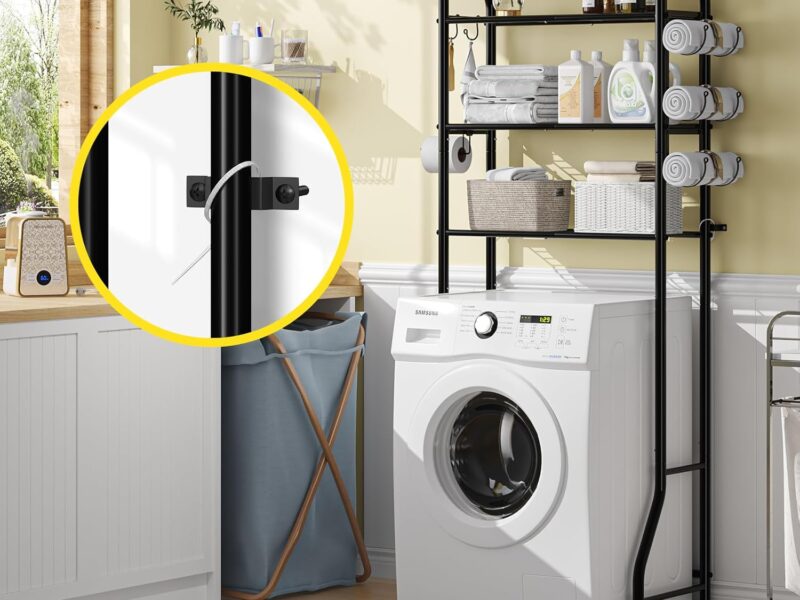Tankless water heaters are an efficient solution for providing hot water on demand. 110V Vs. 240V They eliminate the need for a bulky storage tank, reducing energy consumption and saving space. When choosing a tankless water heater, one crucial decision is whether to go with a 110V or 240V unit. Both options have their advantages and limitations, so understanding their differences can help you make the best choice for your home or business needs.
Understanding Voltage Differences
Voltage is a key factor in the performance of an electric tankless water heater. 110V and 240V represent the electrical potential supplied to the unit, directly impacting power, efficiency, and installation requirements.
- 110V Tankless Water Heater: Operates at a lower voltage, typically used in small applications.
- 240V Tankless Water Heater: Runs at a higher voltage, delivering more power and heating capability.
Comparison: 110V Vs. 240V Tankless Water Heaters
| Feature | 110V Tankless Water Heater | 240V Tankless Water Heater |
|---|---|---|
| Power Output | Lower heating capacity | Higher heating capacity |
| Flow Rate | Suitable for single faucet use | Supports multiple fixtures |
| Installation | Easier installation with standard outlets | Requires dedicated circuit and wiring upgrade |
| Efficiency | Less efficient for whole-house use | More efficient for large demand |
| Use Case | Best for RVs, small sinks, or point-of-use | Ideal for whole-house or multiple appliances |
| Cost | Lower initial cost | Higher upfront cost but long-term savings |
Pros and Cons of Each Option
110V Tankless Water Heater
Pros:
- Easy to install with existing electrical outlets
- Ideal for low-demand applications like handwashing sinks
- Lower upfront cost
- Good for RVs, small apartments, or offices
Cons:
- Limited heating power and flow rate
- Not suitable for showers or whole-house use
- Can struggle in cold climates due to lower wattage
240V Tankless Water Heater
Pros:
- Delivers more hot water for multiple appliances
- Higher energy efficiency for whole-home usage
- Faster heating and consistent water temperature
- Suitable for colder climates
Cons:
- Requires dedicated wiring and professional installation
- Higher initial cost
- May need an electrical panel upgrade in older homes
Which One Is Right for You?
The right choice depends on your specific needs:
- If you need a compact, easy-to-install solution for a small sink or RV, a 110V tankless water heater is a great option.
- If you require hot water for multiple fixtures, such as showers and kitchen sinks, and want better efficiency, a 240V unit is the better investment.
Final Thoughts Tankless Water Heater 110V Vs. 240V
Choosing between a 110V and 240V tankless water heater depends on your hot water needs, electrical system, and budget. While 110V units are affordable and easy to install, they have limited heating capabilities. In contrast, 240V models offer more power and efficiency, making them a superior choice for homes with higher hot water demands. If you’re considering an upgrade, consult an electrician to ensure your home’s electrical system can support the desired unit.
By making an informed decision, you can enjoy energy savings, continuous hot water, and an overall better experience with your tankless water heater.




